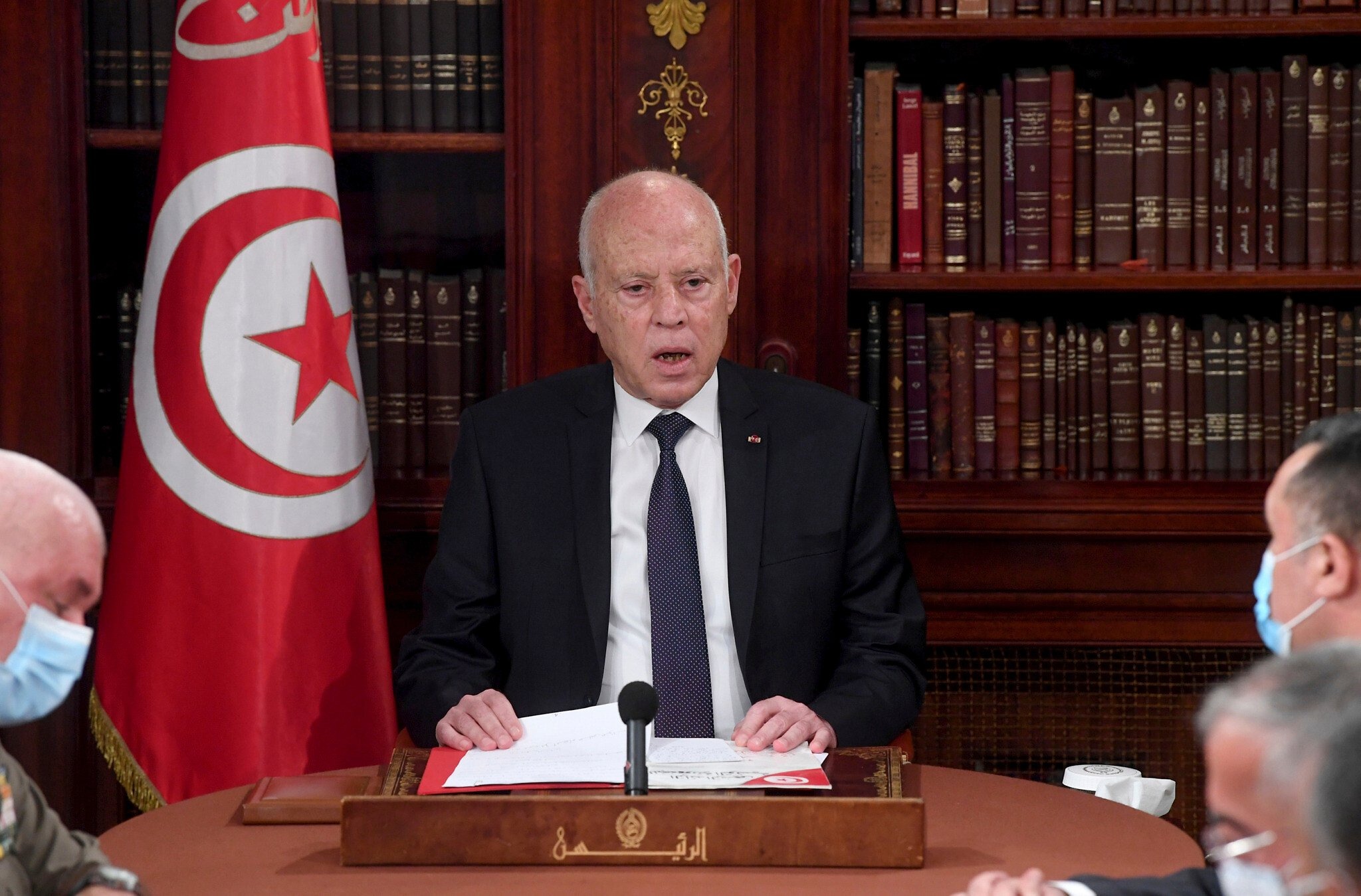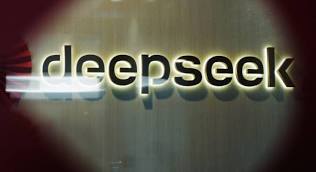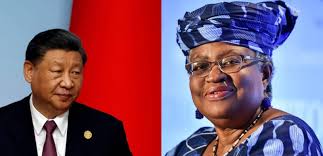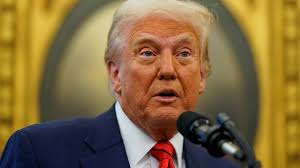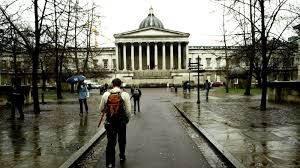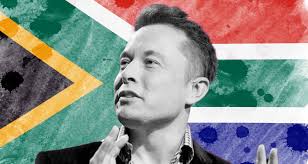A report by Times Higher Education has revealed that universities across the United Kingdom, UK, have reported another significant fall in the amount of money they make, as analysis reveals the extent of the crisis facing higher education institutions of all sizes.
Read Also: Top 10 government scholarships for Nigerian, other international students in 2025
Times Higher Education’s survey of 2023-24 financial accounts focuses on net cash from operating activities – a figure that removes the effects of volatile changes in pension valuations and other items.
Of the 113 accounts released so far, three-quarters generated less cash from their operations than they did in 2022-23. And 87 per cent produced less than they did in 2021-22.
A quarter ended the year with a net cash outflow from their core business – up from just 10 per cent the year before, and 4 per cent in 2021-22.
In total, these 113 institutions produced around £1.2 billion in net cash. However, this was significantly down from £2.5 billion and £4.5 billion in previous years.
Bob Rabone, a former chair of the British Universities Finance Directors Group (BUFDG), said these figures indicated the depth of the financial challenges facing institutions.
“Until corrected, it will mean an institution has reduced capacity for future setbacks or to fund future investment,” he said.
“Overall, my impression remains that it was a tight year and very tough for some. All have been able to respond, but sometimes not sufficiently yet.”
Many UK universities have announced redundancy programmes in recent months amid rising staff costs and other inflationary pressures, a downturn in international student recruitment, and a mixed picture on domestic student enrolment.
The average institution generated a median net positive cash inflow of £7 million through its operating activities in 2023-24, compared to £16 million the year before, and £27 million in 2021-22.
Almost a dozen providers have reported successive years of negative cash flows. The worst performance in this metric was the Open University, which reported a negative cash flow for the third year in a row, this time of £60.2 million.
Other notable cash outflows include Queen’s University, Belfast (£26.5 million) and the University of Bedfordshire (£18.1 million).
However, Rabone said there were a number of occasions where a negative cashflow figure was not necessarily cause for concern, including at the universities of Oxford and Cambridge. Their net cash outflows of £58.6 million and £58.3 million, respectively, can be attributed to a relatively large investment portfolio combined with variable investment performance.
Erica Conway, Chair of BUFDG and Director of Finance at the University of Birmingham, said the reduction in cash generation reflects the impact of inflation and cost increases, along with the lack of fee increases.
“I would expect it to take two to three years to turn it all around in full and to see increases in surpluses for this sector even if there was the ability for us all to grow income, which there is not,” she said.
“Of the institutions in this sample, the University of Manchester produced the most cash (£88.7 million), which was up slightly on the year before. This was followed by Imperial College, London (£81.1 million) and the University of Exeter (£75.5 million).
“The universities that have managed to improve their cash inflow from operations will have done so by pulling a small number of levers, including income growth through international students or cost-cutting,” said Conway.
The analysis shows that just 13 institutions recorded a deficit for the full year, but this statistic will be heavily impacted by changes in pension valuations associated with the Universities’ Superannuation Scheme.
Almost a third of the sector (31 per cent) have reported underlying deficits after adjustment – up from 22 per cent in 2022-23.
THE’s analysis uses the metric that each institution defines as its key measure for operating performance, though there may be differences between each.
For example, Cambridge reported an underlying adjusted operating deficit of £16 million last year, which was primarily a result of increased staff costs. This figure excludes an index-linked bond, the £150.2 million Cambridge received in donations last year, and other items.
Elsewhere, Durham University’s underlying operating performance before other non-operating gains or losses was a deficit of £8 million.
In its accounts, it says that the sector faces financial challenges from rising costs, static tuition fees for UK undergraduate students, and changes to visa requirements for international students.
“Consequently, investment in major projects, such as new buildings, facilities and people, required to support the university’s ambitions, are being managed cautiously alongside income to ensure the long-term
sustainability of the institution,” it adds.
This means that of the 21 Russell Group universities to have released their statements, six have reported underlying deficits by their own definitions. Alongside Cambridge and Durham, they include King’s College London, the University of Nottingham, Queen’s University, Belfast and the University of York.
“I think the balanced assessment is that the year was a tough year for many people,” said Rabone.
“It’s not been plain sailing because of the well-known static fees, even before difficulties with visas turn up in 2024.”
Because this year’s accounts are a product of 2023 recruitment activity, he said the best guide to the current situation remains the recent report from the Office for Students that estimated that nearly three-quarters of providers face being in deficit.
“It is clear all universities are seeking to address their operating models, and much is going on across the sector,” added Conway.
“This is challenging for us all to do, but at the same time is very positive in that we are responding to the market position.”
